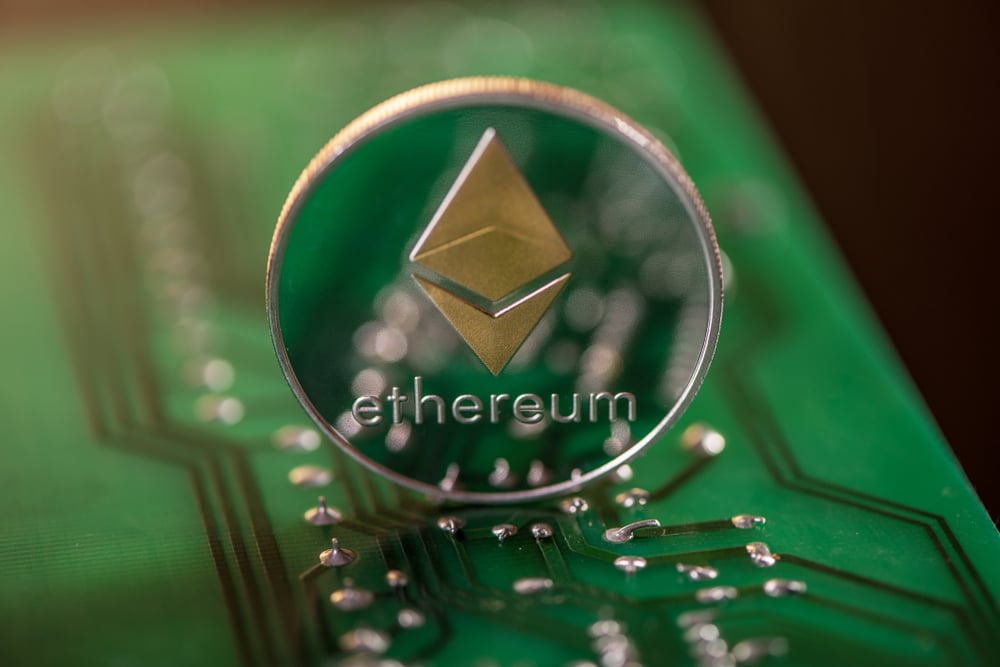Ethereum Creator Suffers Blowback for Proposing New Crypto Wallet Fees

Vitalik Buterin cashed out a lot of ether during the crypto craze of 2017, but he's been quite charitable with it. | Source: Steve Jennings/Getty Images
Ethereum creator Vitalik Buterin has proposed a “sustainable” way to fund cryptocurrency wallet development: a tiny per-transaction fee that goes to the wallet’s developers.
Ethereum Creator: Crypto Wallets Should Charge Transaction Fees
In his view, the fee should be the smallest unit of Ethereum and should be a flat fee, rather than a percentage, so as not to “create a perverse incentive to not optimize gas fees.”
He also thinks there should be a transaction threshold, such as 1 million gas used to send transactions within the wallet.
https://twitter.com/VitalikButerin/status/1103997378967810048
$2 Million Per Year to Fund Wallet Development
Buterin argues that the fee “would raise up to $2m/year in sustainable non-institutionally-biased market-based funding for client/wallet developers.” He’s not talking about mandatory fees, however. Wallet developers would have the option of continuing to charge zero fees.
At a protocol level, Ethereum has to not circumvent these types of fees for the scheme to work. They would also attempt to make it easier to charge such fees via protocol development. He uses “ abstraction enabling multisends” as an example.
Buterin says a fee this low would not bother most users. He also points out that it would essentially match grants given by the Ethereum Foundation.
The idea didn’t receive the immediate praise that many of his proposals do.
https://twitter.com/bitcoinization/status/1104010118159630338
History shows that having any limit on a blockchain network will see that limit tested. The blocksize limit in Bitcoin was an issue of great contention. Would developers eventually feel the fees were too low? Would the fee structure encourage the development of new wallets, based on the fee as a funding model?
Not The First Time Additional Crypto Fees Have Been Discussed

Another issue that arose during the discussion was that not all clients are based on the wallet they’re using. Many nice clients use a separate back-end, but under the proposal, clients wouldn’t be eligible for the subsidy.
The question of sustainable crypto software development is a long-standing one. Brilliant developers work on a volunteer basis to create software that enables the movement of billions of dollars. Even the largest blockchain development companies have limited resources when it comes to hiring people, while intellectual capital is also scarce.
Not every blockchain design promotes “free-riding.” EOS, for example, has a fee associated with establishing an account, just like many bank accounts do. It’s one of several ways that EOS differentiates itself from Ethereum and other smart contract platforms. Steem, which is built on the same technology as EOS, occasionally has an account creation fee as well.
This isn’t the first time Buterin has talked about additional fees for the network. Previously, he’s discussed implementing an EOS-style account creation fee as well as fees for storage on the network . The current average cost to send a transaction on the Ethereum network is less than 10 cents, according to Bitinfocharts .